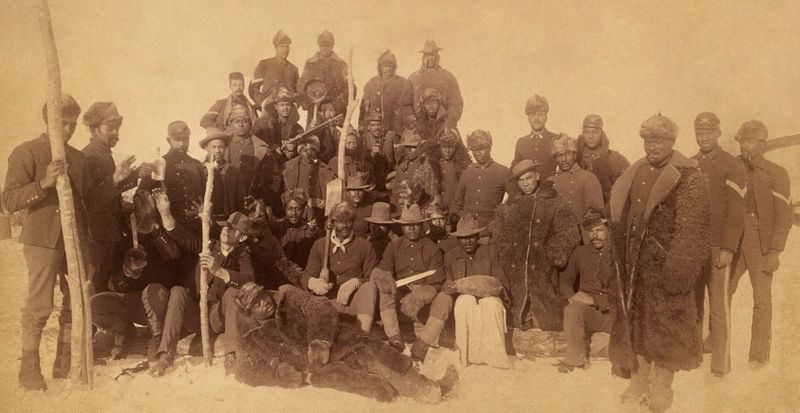How Cheap is Life?
/Alexander Hamilton came from a place where life was cheap. In the West Indies of his time the majority of people were enslaved, didn't wear clothes and had an average working life expectancy of four years. He didn't know his father and his mother died when he was ten. Death was all around him, yet somehow he learned accounting and how to read and write in English, French, and Hebrew. At the age of 15 a devastating hurricane destroyed much of his surroundings and he wrote a vivid description of it which was published in newspapers all along the East Coast of the future US. Someone in New York was so impressed by his writing that they took up a collection to send him to Princeton! When he got there, talk of revolution was in the air and he convinced his dorm mates to practice marching drills with him from a book. When war came he marched his friends down to the armory and because he had already taken command they made him an officer on the spot. Shortly after the first battle he met George Washington who recognized his merits and made him Aide-de camp, responsible for all correspondence of the general.
And the rest is history. As far as supplying ideas and doing the intellectual leg work he is the single most important American founding Father. When a person's life has been that cheap-- and he gets through it-- he must see challenges differently than the rest of us. Not just challenges, but risks and ideas too.
Clarence Thomas has a lot of critics, enemies really. He was born in a Gullah community. The name Gullah is probably a distortion of Angola. The Gullah were isolated to some degree in language and culture because they used African fighting traditions to free bonded people and make war. After the American Civil War, a group of Gullah that were fighting on the Mexican Border were invited to join the US Calvary; later made famous by Bob Marley's song "The Buffalo Soldiers."
Clarence Thomas grew up in extreme poverty and hardship, abandoned by both parents he delivered coal as child, probably the dirtiest work there is. Yet he managed to attend school, always graduating at the top of his class and receiving one scholarship after another. To this day he is subjected to constant racist attacks that he is stupid and unworthy, that he only ever got anywhere in life because of other peoples pity, guilt and charity. Yet he knows how cheap life can be. His eloquent and unfettered opinion on the right to keep and bear arms is a necessary addition to our understanding of the history of the United States. Like Hamilton, Thomas knows that the pen is mightier than the sword. People who know how cheap life can be, fear the pen more than the sword, or in this case, the gun.

I've been watching a lot of Italian knife fighting lately. Its spontaneity and musicality are informing my jian (double edged sword) work. This art clearly comes from a place and time when life was cheap.
The Chinese arts I study are at least 500 years old, that's a lot of time to keep a tradition going. That means the arts survived many eras when life was cheap as well as eras when life was not so cheap. Classical artists try to consolidate and pass on as much of the essence of their art as they can. Yet, we often fail to understand the lessons of the previous generations. Without the actual experiences, accumulated knowledge is often just a shadow; shadows on top of shadows. I'm very lucky to have studied so much with George Xu because he lived through a time when life was very cheap. He has been able to bring many of those shadows to life! Perhaps it has been harder to learn from him those parts of the arts that flurished when times were not so cheap, thank goodness for my other teachers, but the beauty of these arts is that these shadows on top shadows take tangible forms if you nurture them. And George Xu certainly has taught me a kind of openness which can only come from choosing life!
There are several chapters of the Daodejing which are about living through times when life is cheap. I leave you with this one:
Exiting at birth, entering at death,
3 in 10 choose life,
3 in 10 choose death,
3 in 10, 'though they choose life, make decisions that bring about premature death.
Why? because they regard life as precious.
And then there are those who are good at nourishing life!
When entering a wilderness, they don't avoid tigers or rhinos,
When entering a battle, they don't put on armor or take up weapons.
The rhino finds no place to jab his horn,
The tiger finds no place to dig its claws,
The weapon finds nothing to catch its blade,
Why? because there is no death point on them.
--Daodejing, Chapter 50
